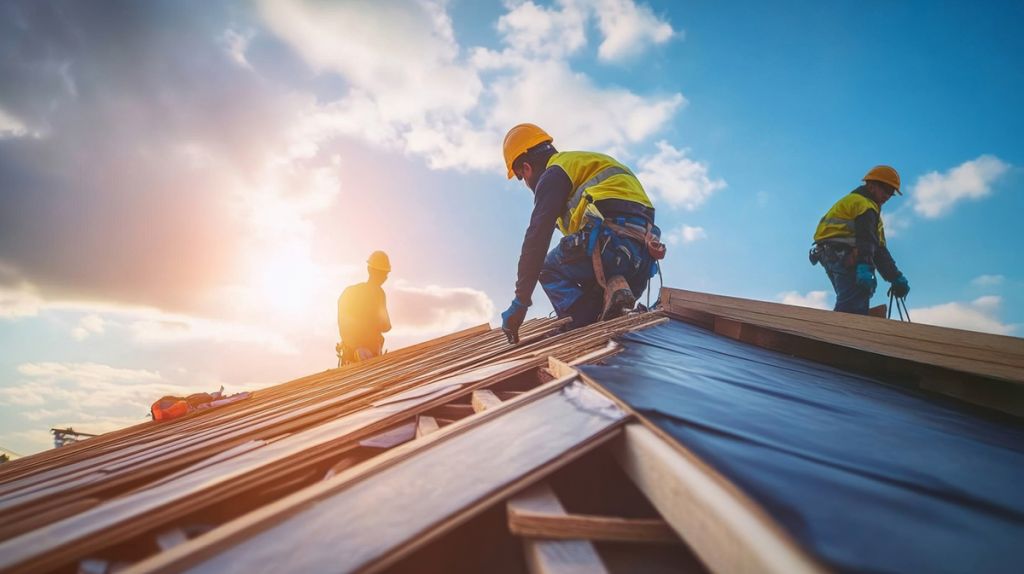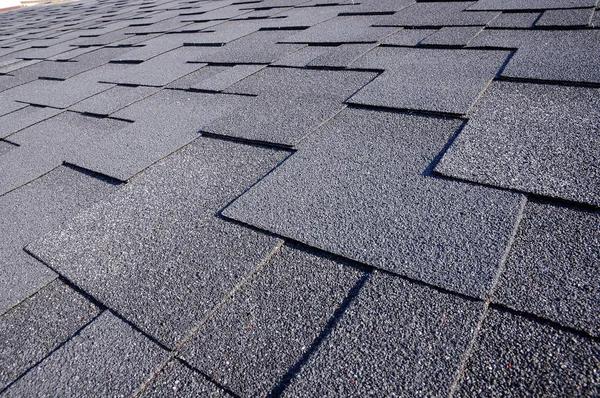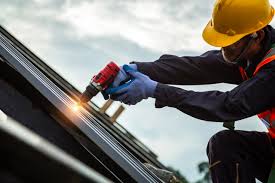When it comes to home improvement projects, roof replacement is one of the most significant and expensive undertakings. It not only ensures the safety and comfort of your household but also enhances the curb appeal and value of your home. Given its importance and cost, homeowners must understand everything about their roofing investment, including roof replacement warranties.
A roof replacement warranty is a written agreement that protects homeowners from paying for repairs or replacements if certain problems arise within a specified period. These warranties provide peace of mind knowing that if something goes wrong with your new roof due to workmanship errors or material defects, you won’t have to bear the financial burden alone.
There are two primary types of roof replacement warranties: manufacturer’s warranties and workmanship warranties. Manufacturer’s warranties cover defects in roofing materials such as shingles, tiles, or metal sheets. They usually last between 20-50 years depending on the quality of materials used. On the other hand, workmanship warranties cover installation-related issues caused by improper handling or groveland roofing installation contractors.
1) Length of Warranty: The duration varies greatly among different providers. Some offer short-term coverage (5-10 years), while others may extend up to 50 years or even lifetime coverage for premium products.
2) Coverage Details: Not all damages are covered under warranty; some might only cover material defects while excluding any damage due to poor installation practices. Make sure you know exactly what is included before signing anything.
3) Transferability: If you’re planning on selling your house in future, check whether your warranty can be transferred to future owners – this could potentially increase property value.
4) Prorated vs Non-prorated: Prorated warranties decrease in value over time whereas non-prorated ones maintain their full value throughout their term – obviously non-prorated ones offer better protection but they also come at higher costs.
5) Maintenance Requirements: Some warranties require regular roof maintenance or inspections to remain valid. Failure to meet these conditions could void your warranty.
In conclusion, a roof replacement warranty is an essential part of your roofing project that can save you from unexpected costs and stress in the future. Therefore, it’s crucial to pay attention to its details before making a commitment. Always read the fine print, ask questions if anything is unclear, and consider seeking legal advice if necessary. Remember, a good warranty not only reflects the confidence of manufacturers in their products but also the reliability and professionalism of your roofing contractor.
KTM EXTERIORS & RECYCLING LLC
16 Rollins St, Groveland, Massachusetts 01834
978-310-3139




